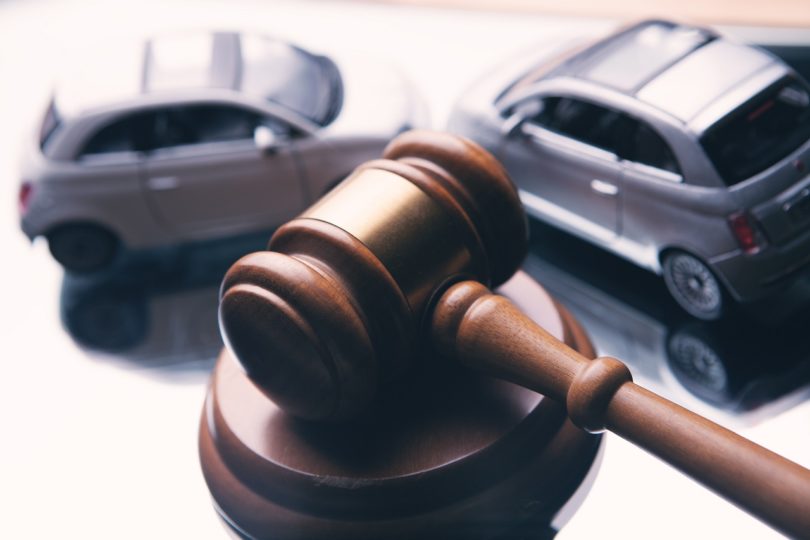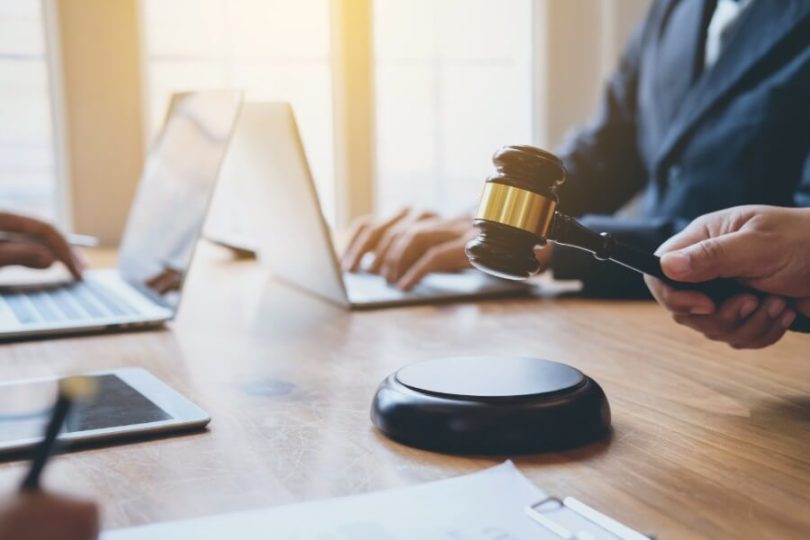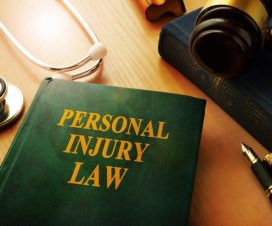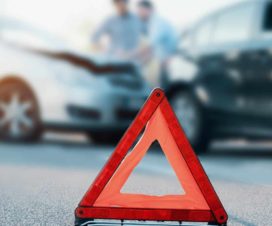 |
Generally speaking, most car accident cases don’t go to court because injured victims like you will file an insurance claim to receive a fair amount of settlement from the insurance company. But, in some cases, bringing your case to the court of law is the only best way to go, especially when the insurance negotiations have failed despite your diligent efforts. However, just like in any other legal proceedings, you may be wondering what to expect and how you can proceed with this kind of situation.
Thus, if you’ve been involved in a car accident, keep reading this article to learn more about what happens when you decide to go to court for a car accident case.
1. Filing a Personal Injury Lawsuit

Source: pexels.com
When you opt to bring your case to court, the first thing that should happen is the formal filing of a personal injury lawsuit. With the help of an experienced lawyer like the ones in https://www.eastonlawoffices.com/, a complaint which is a formal legal document should be filed so that the court will have jurisdiction over your case. Typically, a complaint about car accident cases contains the following:
- The specific injuries you’ve suffered
- The facts that concern your injuries
- The name of the defendant or the person or entity you’re suing
- The legal basis for your complaint
- The amount of compensation or damages you’re asking for
As you can see, the complaint you’re filing comprises of separate and numbered paragraphs usually, indicating your allegations. Once your lawyer is done drafting the complaint, it’ll be filed with the country clerk along with the payment of certain fees.
2. Learning What the Other Party Knows Through the Discovery Stage
At this stage, the lawyers of the opposing parties will be given an opportunity to learn more about each other’s sides of the story. For example, if you’re the plaintiff in this case, your legal counsel will find out what the defendant knows through the use of depositions, interrogatories, subpoenas, requests to produce, and many more.
3. Participating in a Personal Injury Mediation

Source: gregmonforton.com
In most cases, personal injury mediation is mandatory before the judge will proceed with a full-blown trial. It’s a process wherein both parties agree to utilize a neutral third party for an attempt to resolve the claim without proceeding with the trial.
During the mediation stage, both parties will go over the specific facts and issues regarding their case and offer their respective opening statements. You, as the plaintiff, will talk about the value of your claim and why you should be paid a certain amount, while the defendant will also state why they should pay less. However, if a settlement isn’t reached at this stage, the next step will push through.
4. Preparing for the Trial
When the mediation between the parties failed, your personal injury lawsuit from a car accident will go to trial. This stage can be a complicated and confusing undertaking, which is why you need a car accident attorney to navigate this process properly. During the trial, your legal counsel will present a compelling and thorough argument to the judge and jury, proving your claim that the other driver’s negligent act caused the injuries you sustained in a car accident.
In doing so, you’ll have to present pieces of evidence in court. These can include:
- Medical records and other proof of injuries
- Accident reports
- Interviews with medical experts such as a doctor who examined you
- Testimonies of all witnesses
- Photos of the accident scene and vehicle damage
Once you’re done with the presentation of evidence, the other party, with the assistance of their lawyer, will have the opportunity to object to specific pieces of evidence, conduct cross-examination, and present their argument as well. From there, the jury will make a decision based on the arguments and evidence presented.
5. Jury Deliberation and Issuance of a Verdict

After the lawyers’ presentation of closing arguments, the jury will go to a separate room where they’ll deliberate on the evidence and reach a verdict. Typically, jury deliberations involving car accident cases are confidential and settled within several hours after the trial. This means resolving the case will not last for days, unlike other civil cases.
Also, once the deliberation is done and a verdict is reached, the jury will inform the judge, and everyone returns to the courtroom, which is followed by the reading of the verdict by the parties. If the jury finds the other party liable for your injuries, the court will order the defendant to pay the compensation you’re entitled to.
6. Filing an Appeal if Necessary
If you or the defendant disagree with the court order or verdict, both of you may have an option to elevate the case to the higher court by filing an appeal. At this stage, you’re requesting the appellate court to review the judgment, alleging that the lower court commits an error in applying the laws to your case. In such a case, you need a lawyer specializing in handling appeals to improve your chances of winning.
The Bottom Line
Indeed, being injured in a car accident can be a daunting experience. This is especially true if you’re left with no choice but to enforce your right by filing a personal injury lawsuit in court. Luckily, by keeping the information mentioned above in mind, along with hiring a lawyer, you’ll know what to do to increase your odds of winning a lawsuit and obtain fair compensation for all your losses. That way, you can maximize your recovery and get your normal life back in no time.




